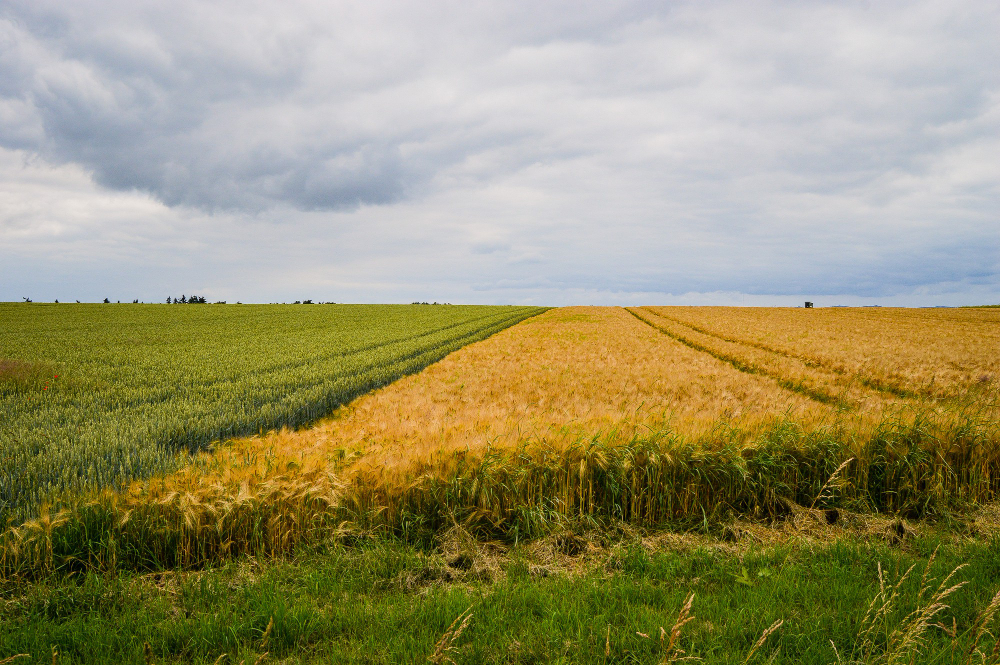How much grain is Poland importing from Ukraine and Russia?
Grain imports from Russia to Poland doubled in 2023, which was the fifth-largest rise among EU member states. However, they remain a small fraction of the amount of grain imported to Poland from Ukraine, despite the latter falling by over half last year amid a trade dispute between Warsaw and Kyiv.
The data – from the EU’s statistical agency, Eurostat – come amid a renewed debate over agricultural imports to Poland, with Polish farmers last month launching mass protests against the Ukrainian grain that they say is “flooding” the market.
In response, Poland’s government – which took office in mid-December – has pledged to seek tougher EU restrictions on imports from Ukraine, but it has also called for an embargo on Russian and Belarusian grain, which continues to be allowed into the bloc.
Eurostat’s data show that in 2023 Poland imported around 12,700 tonnes of Russian grain (consisting of buckwheat, millet, canary seed, meslin and maize), up from 6,100 tonnes the previous year.
The 2023 figure was the highest recorded by Poland since 2018, when imports from Russia reached almost 20,700 tonnes.
Yet last year’s imports of Russian grain constituted just 1.3% of the quantity of grain arriving in Poland from Ukraine, which stood at just over 1 million tonnes. However, that figure was less than half the 2.4 million tonnes of Ukrainian grain imported to Poland in 2022.
That latter year saw Russia launch its full-scale invasion of Ukraine, including a blockade of Black Sea export routes. In response, the EU relaxed rules on the import and transit of Ukrainian agricultural produce.
That led to farmers in Poland and other EU countries bordering Ukraine arguing that the resultant boom in imports had led prices to collapse, causing them severe economic hardship.
As a result, in 2023, Poland’s then Law and Justice (PiS) government temporarily introduced unilateral bans on the import and transit of Ukrainian grain, despite the EU having exclusive competence over trade policy. However, farmers’ protests – including blockades of the border with Ukraine – have since continued.
Following a meeting with farmers’ leaders last week, Prime Minister Donald Tusk – head of the government that replaced PiS in December – announced that he would seek tougher EU restrictions on Ukrainian imports, an embargo on Russian and Belarusian grain, and withdrawal from parts of the EU’s “Green Deal”.
Across the EU as a whole, last year saw 1.54 million tonnes of grain from Russia imported, up from 970,000 in 2022 and the highest annual figure since 2018 (when the amount reached just over 2 million tonnes).
Among countries for which Eurostat data are available, the largest proportional increases in Russian grain imports last year were recorded by Estonia (almost 1,600%), Italy (386%) and the Netherlands (138%). Poland saw the bloc’s fifth largest rise, of 107.5%.
In absolute terms, Poland’s 12,700 tonnes of Russian grain imports was the seventh highest in the EU, well behind leaders Italy (473,700 tonnes), Latvia (420,000 tonnes), Greece (264,600 tonnes) and Spain (256,600 tonnes).

